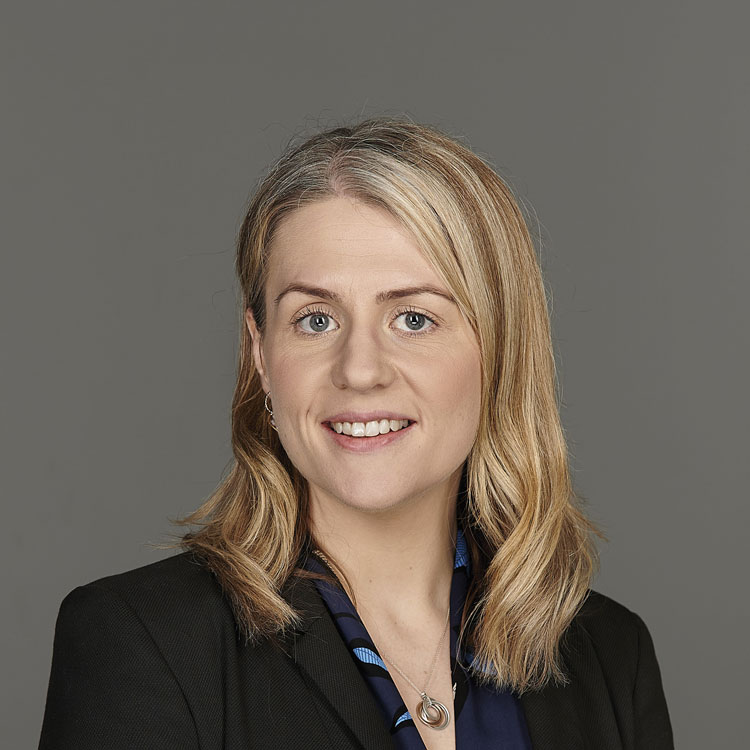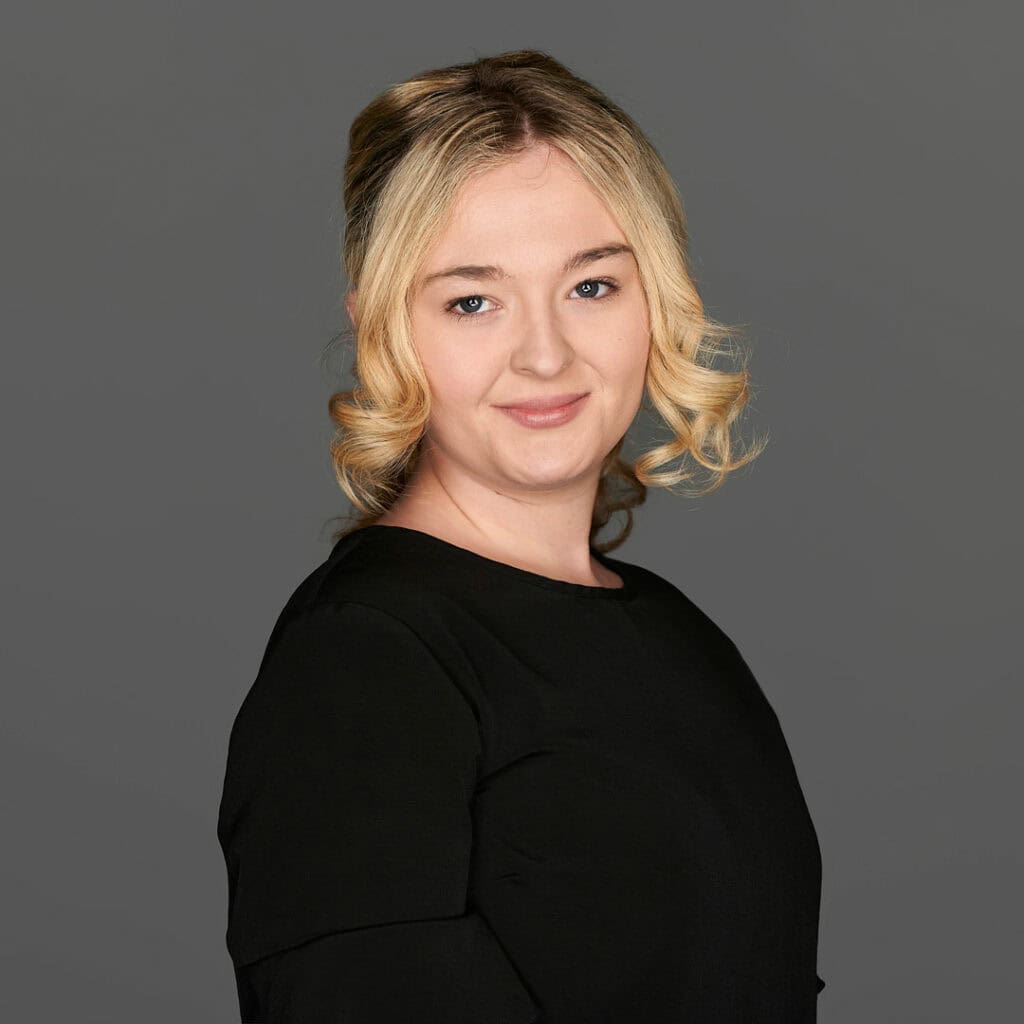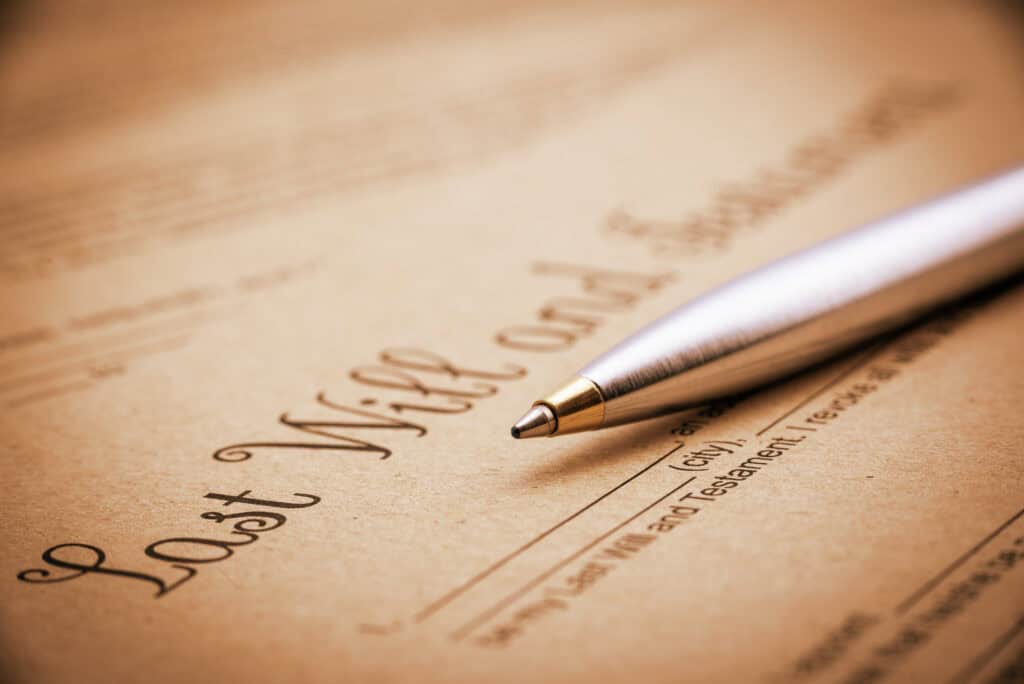In life, we can never be sure what is right around the corner. That is why our specialist Wills, Probate & Lasting Powers of Attorney Team at Jefferies are here to support you with getting your affairs in order.

World Human Rights Day
On December 10th, we celebrate World Human Rights Day, arguably one of the most important awareness days on the calendar. World Human Rights Day marks









